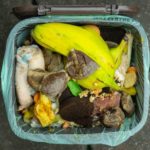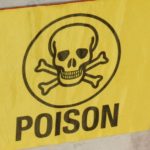An astounding 30 to 40 percent of the US food supply gets wasted. What a shame in a world where so many people are hungry. The US Food and Drug Administration suggests these tips to help us read our national goal of halving it by 2030. (Photo: Gareth Willey, Pexels.com)












